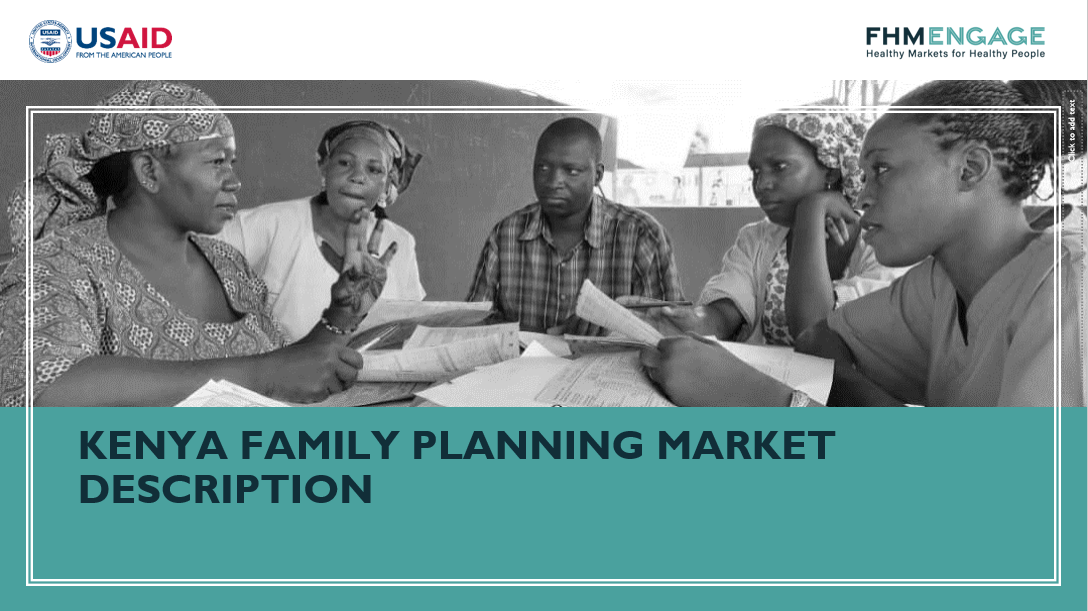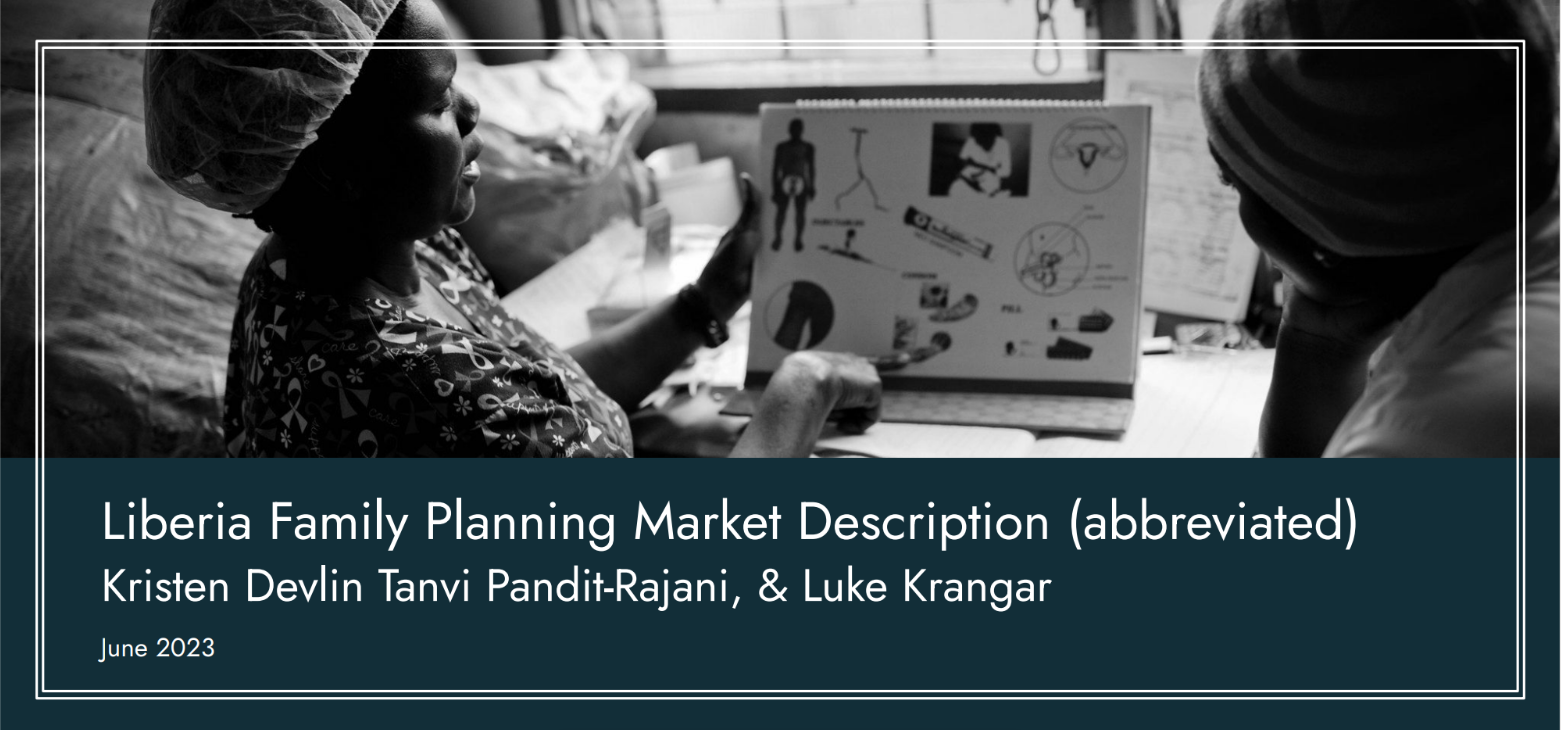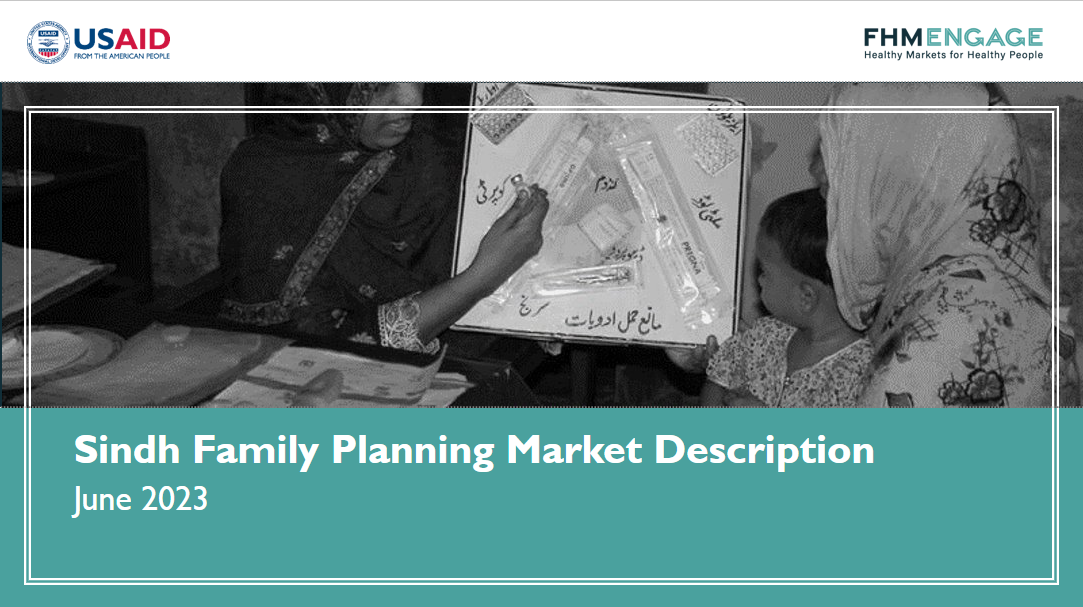
Resource Library
Featured Resources
All Resources
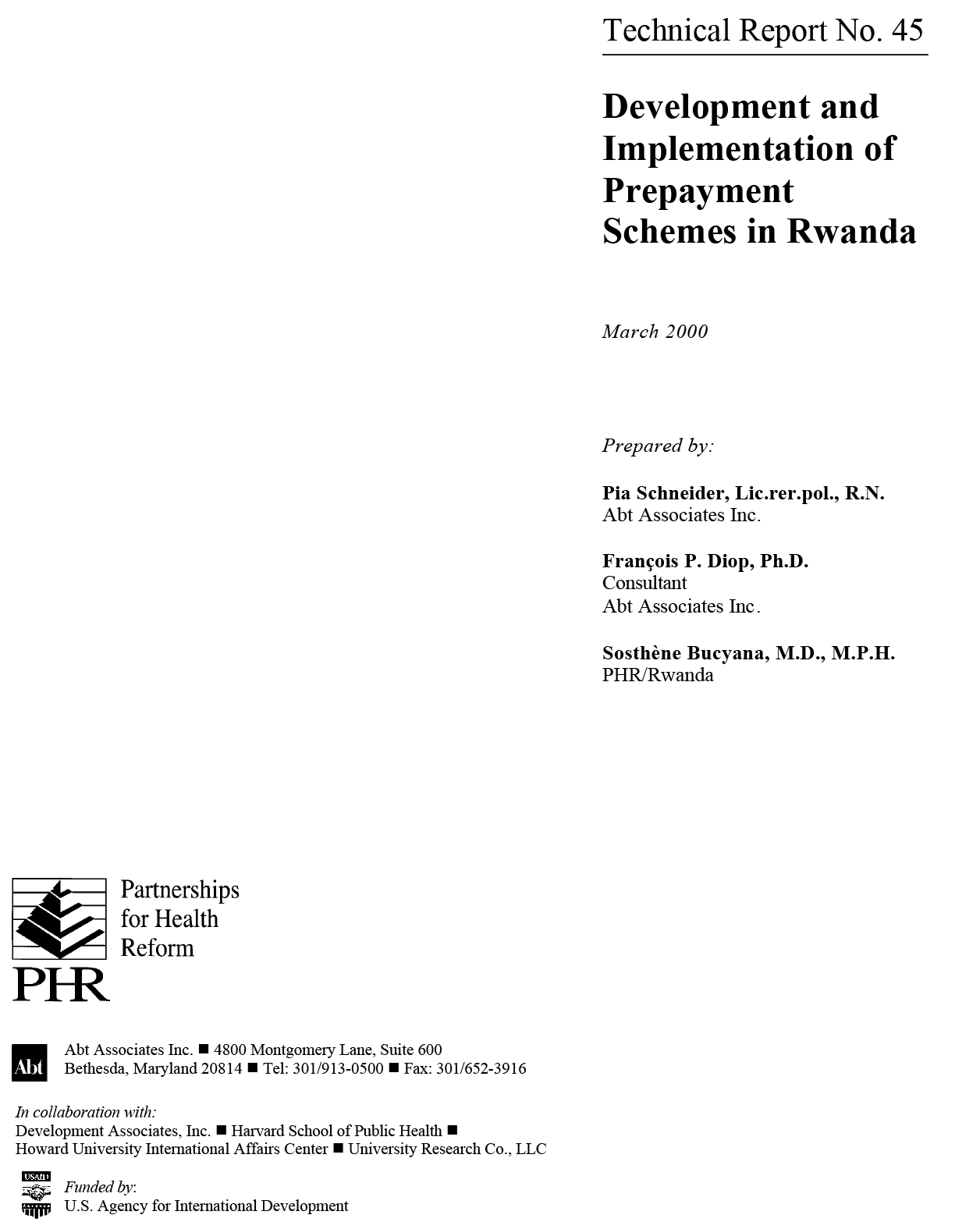
Development and Implementation of Prepayment Schemes in Rwanda
Nearly three-fourths of the Rwandan population falls below the poverty line. It is no surprise that a poor population consumes less health care when user fees are charged. Primary health care consultation rates for rural populations dropped to 0.28 per capita per year in 1998 and to 0.24 in 1999…
Resource Type : Report
Country :
Health Area:
Project: SHOPS
Year :
Language : English
Technical Area: Health Financing
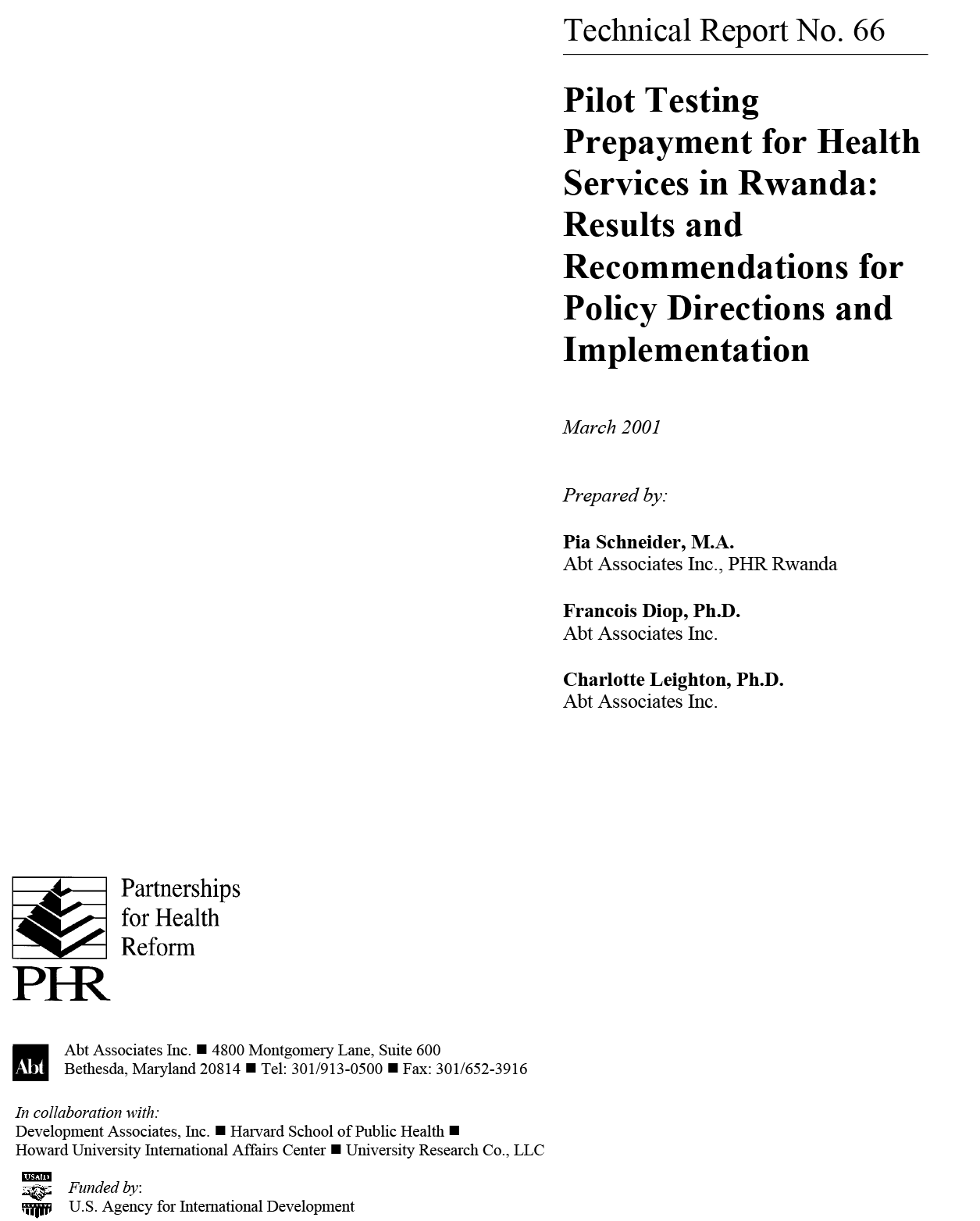
Pilot Testing Prepayment for Health Services in Rwanda: Results and Recommendations for Policy Directions and Implementation
Rwanda ranks among the poorest countries in the world. With the introduction of user fees in 1996, utilization of primary health services fell from 0.3 consultations per capita in 1997 to a low of 0.25 consultations per capita in 1999, raising concerns about the poor's financial access to health…
Resource Type : Report
Country :
Health Area:
Project: SHOPS
Year :
Language : English
Technical Area: Public-Private Engagement

Falling Fertility in Indonesia: Success in National Family Planning
The National Indonesia Contraceptive Prevalence Survey is part of the worldwide Demographic and Health Services (DHS) Program, which collects data on fertility, family planning, and maternal and child health. The DHS Program is managed by the Institute for Resource Development/Macro Systems, Inc…
Resource Type : Report
Country : Indonesia
Health Area: Family Planning
Project: SHOPS
Year :
Language : English
Technical Area:

The Strategies, Experiences and Future Challenges of the Information Component in the Indonesian Family Planning Programme
A detailed description of Indonesia's efforts in the development of information for family planning requires a review of the history of the family planning programme and its information, education and communication (IEC) component, especially since the introduction of new activities such as "…
Resource Type : Report
Country :
Health Area:
Project: SHOPS
Year :
Language :
Technical Area:

Indonesia: Family Planning and Women's Lives
Indonesia has had a strong and pervasive National Family Planning Program for nearly three decades. In the early 1970s , the average Indonesian woman bore six or seven children; today lifetime fertility has dropped to fewer than three children. The family planning program is directed toward…
Resource Type : Other
Country :
Health Area:
Project: SHOPS
Year :
Language :
Technical Area:

Money for nothing : the dire straits of medical practice in Delhi, India
The quality of medical care received by patients varies for two reasons: differences in doctors' competence or differences in doctors' incentives. Using medical vignettes, the authors evaluated competence for a sample of doctors in Delhi. One month later, they observed the same doctors in their…
Resource Type : Report
Country : India
Health Area:
Project: SHOPS
Year :
Language : English
Technical Area: Provider Quality
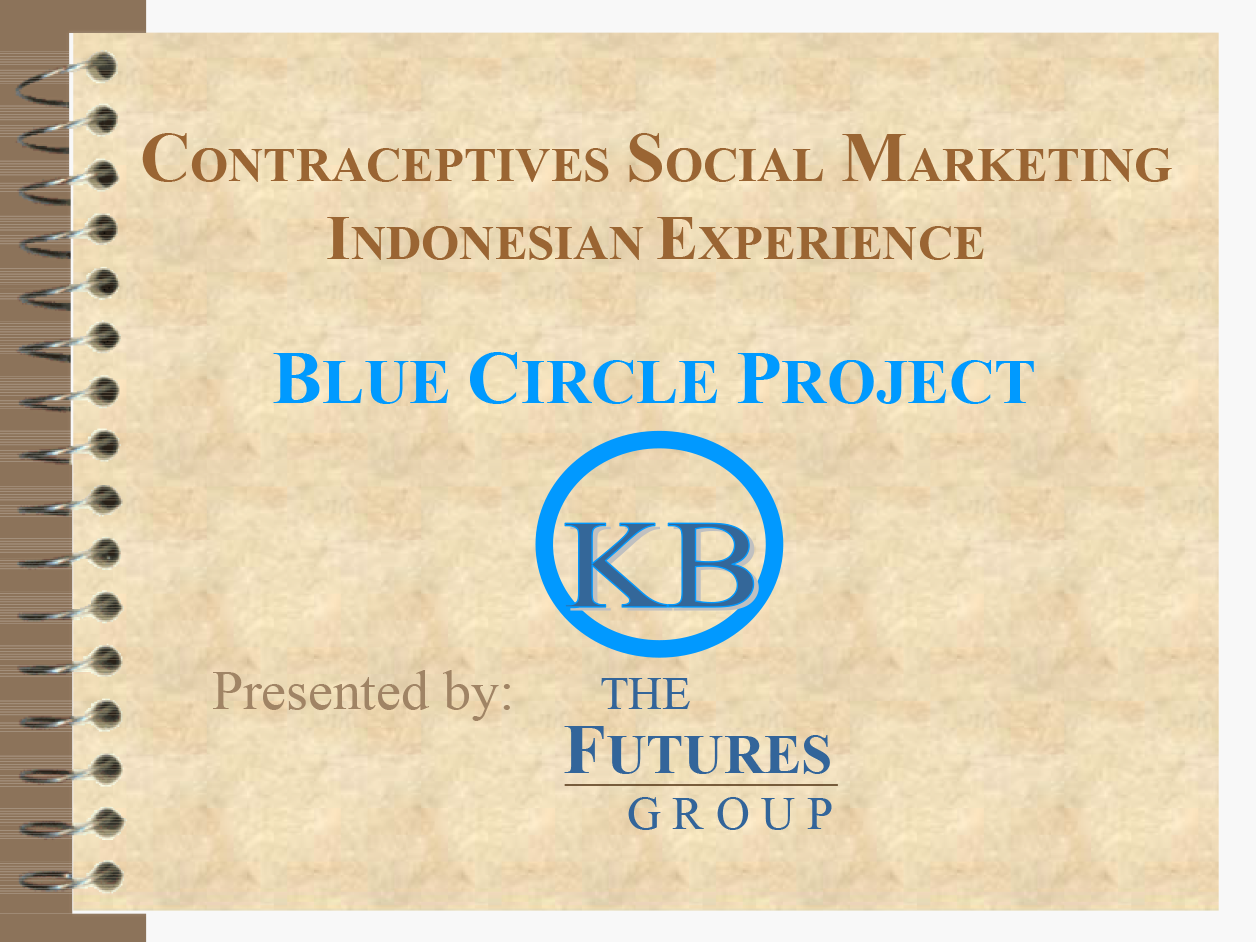
Contraceptives Social Marketing: Indonesian Experience
Presentation summarizing two decades of contraceptive social marketing in Indonesia.
Resource Type : Presentation
Country : Indonesia
Health Area: Sexual and Reproductive Health
Project: SHOPS
Year :
Language : English
Technical Area: Pharmaceutical Partnerships and Social Marketing

The Indonesia Private Health Sector
The Indonesian health care system is inadequate to meet the needs of the country's population. The country's health indicators are low in comparison those of other ASEAN countries and public health care resources are not sufficient. Growth of medical services has not kept pace with population…
Resource Type : Report
Country : Indonesia
Health Area:
Project: SHOPS
Year :
Language : English
Technical Area: Public-Private Engagement

Applied Research on Decentralization of Health Systems in Latin America: Bolivia Case Study
In the last two decades, health sector decentralization policies have been implemented on a broad scale throughout the developing world. decentralization, often in combination with health finance reform, has been touted as a key means of improving health sector performance and promoting social…
Resource Type : Other
Country :
Health Area:
Project: SHOPS
Year :
Language : English
Technical Area: Provider Quality

Evolving Public-Private Roles in the Pharmaceutical Sector
Health is a fundamental human right. Access to health care, including essential drugs is central to realizing this right. Among countries, there are wide variations in the roles which the public and private sectors (for-profit, and private not-for-profit) play in financing and providing health…
Resource Type : Other
Country :
Health Area:
Project: SHOPS
Year :
Language : English
Technical Area: Public-Private Engagement
Pagination
Filter by
What is the Market Development Approach?
- What is the Market Development Approach (MDA) Process for Family Planning, and Maternal, Newborn, and Child Health? Brief #1 of 4 in a series on the MDA
- What is the Market System Framework and Its Role in Developing Family Planning, and Maternal, Newborn, and Child Health Markets? Brief #2 of 4 in a series on the MDA
- What are Key Terms Used in a Market Development Approach for Health? Brief #3 of 4 in a series on the MDA
- The Meaning and Importance of Stewardship in Developing Family Planning, and Maternal, Newborn, and Child Health Markets. Brief #4 of 4 in a series on the MDA
FHM Engage Market Descriptions
See all market descriptions here.


